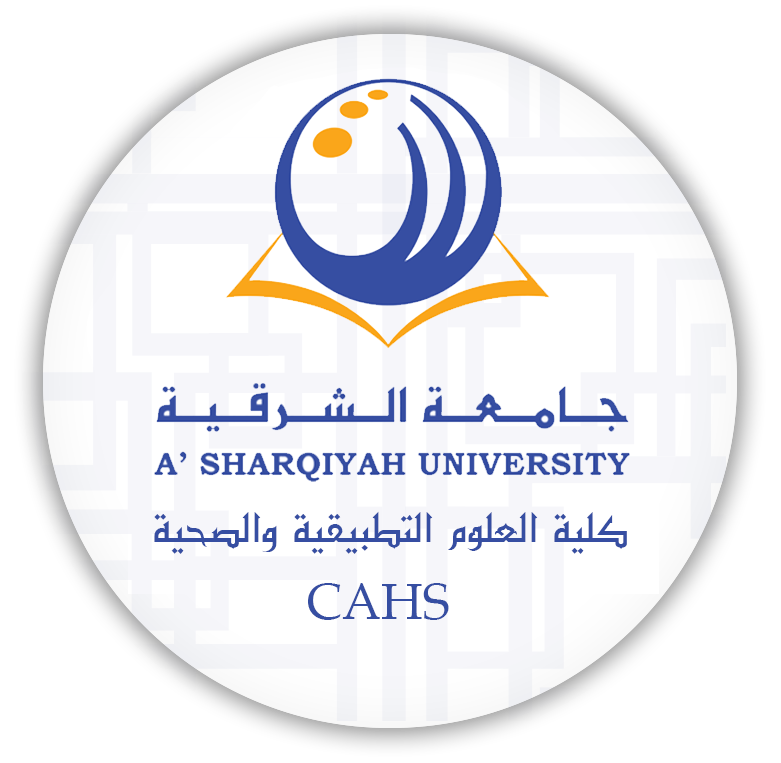Food scientists and nutritionists fuel the minds that feed the world while maintaining a healthy lifestyle. They study the physical, microbiological, and chemical makeup of food and use their findings to develop the nutritious, delicious and innovative foods products that line supermarket shelves everywhere. Moreover, they learn the effect of different processing and preservation practices applied for food on the human systems in order to ensure that safe, high quality and healthy products reach the market. In this program the students study food safety, biochemistry, microbiology, engineering, and sensory science including the manufacture, preservation, quality assurance, and safe development of food products besides learning clinical nutrition, management of food systems and food services, medical nutrition and dietetic counseling techniques.
PROGRAMME CONTENT The taught elements of the program comprise an integrated package of University requirements, College requirements, Major requirements and Technical elective courses. All degree students must also complete 15-week course in addition to the taught courses of the program. Level I English Communication Skills I English Communication Skills II Calculus Sociology Biology-1 Biology Lab Chemistry-1 Chemistry Lab Hunan Anatomy and physiology Hunan Anatomy and physiology Lab Introduction to Food Science Introduction to Human Nutrition Organic Chemistry I Organic Chemistry I Lab Level II Physics I Physics Lab Arabic Food Sanitation Introduction to Logic Nutrition in Life Cycle Nutritional Biochemistry Microbiology Microbiology Lab Islamic Civilization Food Analysis Food Analysis Lab Entrepreneurship Level III Chemistry II Chemistry II Lab Principles of Food service management Institutional Food Systems Management Food Microbiology Statistic Food Chemistry Food Engineering Research Skills Management and Business Skills Assessment of Nutrition Status LEVEL IV Community Nutrition Medical Nutrition Therapy Emerging Issues in Food Science & Nutrition Dietetic Counseling for Chronic Diseases Internship New Products Development Elective 1 Elective 2 Elective 3 Electives Sensory Evaluation of Food Fisheries Management Dairy Technology Food Processing and Packaging Food Law and Regulations Culture Foods Nutrition and Metabolism Meat and Poultry Technology Beverages and plant products Technology
Grade (60%) in: • Pure Math • Biology • Physics or Chemistry. - Grade (55%) in English
5,385.600 R.O
Graduates of this program will have career opportunities with food companies, academic institutions, community education programs, quantity food service facilities,Ministry of Agriculture, Fisheries and Water Resources and government agencies. Opportunities for graduate studies are versatile over a wide range of food science, nutrition and dietetics programs available around the world at the levels of masters as well as doctorate.

